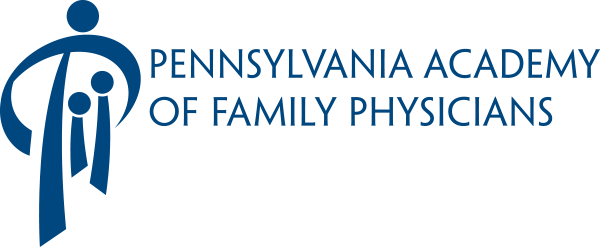Can Physicians with Careers in Family Medicine Build Walkaway Wealth?
February 15, 2020
The typical physician with a career in family medicine earns an income in the top 3% of all working Americans, yet these doctors often doubt their ability to build walkaway wealth. This is especially true for younger practitioners with large student loan debts. Can family medicine physicians become financially independent, and if so, how? The keys to financial security are getting your mind right and implementing best-practice strategies. Having worked with physicians since 1979, we’ve identified five elements of success:
- Selecting the right definition of “rich”
- Balancing consumption and saving from the beginning of your career
- Optimizing the effectiveness of every savings, investment, and debt paydown dollar
- Leveraging the power of transitions between life and career stages
- Following sensible investment practice
What is walkaway wealth?
We use a simple and practical definition of wealth with our physician clients: You are rich when you can maintain your chosen lifestyle, for as long as you live, without being required to work. Note two aspects of this definition. First, your chosen lifestyle determines the capital you’ll need to sustain that lifestyle without working. Second, you’re not required to stop working once you attain walkaway wealth. In our experience, many physicians choose to keep practicing medicine even though they’ve accumulated enough to retire, and they do so with increased options regarding how, where, and with whom they practice.
Balance lifestyle and financial security
We live in a consumer society. Others measure your socioeconomic status based on where you live, what you drive, and how much you spend. Your car salesman and real estate agent don’t care if you’ll be able to retire with security. Be aware of society’s pro-spending cues and be prepared to push back.
Value reputation over stuff
Doctors and nurses enjoy the highest reputational status of any career in the United States. Your work is more valued and you are more trusted than anyone in our culture. Focus on that well-deserved admiration and ignore the fact that some hedge-fund manager chooses to drive a Mercedes. Keep in mind that spending on possessions tends to have a transient effect on happiness, while spending on relationships and experiences promotes durable emotional benefits.
Commit to saving
Understand that debt paydown is absolutely a form of saving and can be the most powerful form. Effective saving at the beginning of your career will have greater impact than saving nearer the end. Your minimum savings goal should be 15% of gross compensation, though 20% or 25% savings will strengthen your position.
Optimize your savings sequence
Savings opportunities are not created equal. Almost always, pre-tax savings are the most powerful option you’ll have. Fully fund your 401(k) or 403(b) employee savings plans if at all possible. Be ruthless in maximizing the after-tax risk-adjusted return of every savings dollar. Wherever you can, automate your process of saving.
In conclusion
Your financial outcomes are affected by a host of large and small choices made over decades. But it will likely be the decisions you make at a limited number of significant inflection points that largely determine the financial arc of your entire life.
There are well-understood financial best practices you can implement at every stage of your career. In this series of articles, we look forward to sharing those best practices. Our next installment will focus on strategies and tactics for early-career physicians, with special attention on student loans and buying your first house. Jim presents financial workshops for physicians and speaks at physician conferences. He is the co-author of two books: Pay Yourself First: A Financial Guide for Doctors Entering Practice and Changing Outcomes: A Financial Recovery Strategy for Peak-Career Physicians.
Jim is a CERTIFIED FINANCIAL PLANNER™. He received his Certified Investment Management Analyst designation from the Wharton School of Business and his Certified Private Wealth Analyst designation from the University of Chicago Booth School of Business. He is co-founder of TGS Financial Advisors.
TriageMD by TGS Financial Advisors offers programs designed to improve the financial trajectories of physicians and their families.
This article originally appeared in the Summer 2020 addition of Keystone Physician Magazine. Keystone Physician is the official quarterly journal of the Pennsylvania Academy of Family Physicians (PAFP).
- Log in to post comments







